Directed by Patrick Vollrath
SHNIT OPEN INTERNATIONAL, 2015, IN COMPETITION
A divorced father picks up his eight-year-old daughter Lea.
It seems pretty much like every second weekend, but after a while Lea can‘t help feeling that something isn’t right.
So begins a fateful journey.
PATRICK VOLLRATH | 30 MIN | GERMANY, AUSTRIA | 2015
shnit Open Finalist – 40 minute category
Interview by Taryn Joffe and Kelly Powell
GFM:
The film could have followed a more traditional divorce story, caught up
in the games that parents play, instead it focuses more on paternal
love, and this love is filled with conflict. Can you talk about this in
relation to the central themes of the film?
Patrick:
I want to deal with parents and kids in situations after divorce and the idea of ‘false love’. This is the kind of love where you think you love someone but then you do something so incredibly wrong that you have to ask yourself if this is really your way of showing love? I also want to show how little kids are used as a tool in a war going on between parents. Parents do things to their kids just to win in some way to get power over their ex because the hate between them is so great. I did a lot of research on the topic and I found it very interesting. It’s very complicated and I didn’t want to make it easy for myself or the audience.
GFM:
The performances were exceptionally strong. What was the process like of casting and working with well-known actor Simon Schwartz and preparing the young actress Julia Pointner? How did you work with them to achieve such natural tension?
Patrick:
First of all, it’s casting. The casting process for every film is extremely important. You should take the time during this process to try out many different actors, especially when you work with kids to be pretty sure that this is the right choice for the role, and the thing is, I’m not an acting teacher. So, the great performance that Julia and Simon gave came from them being very, very talented actors. The only thing I could do is challenge them a little bit and try put them in situations that feel real for them so they can behave naturally. In the end, however, it’s their talent that puts those strong performances on the screen.
GFM:
How did you get Simon to work in the film, and where did you find Julia?
When it came to casting Julia, I knew I couldn’t make the film without a very, very talented young kid. All the focus before the film, almost half a year before we started shooting, was spent on casting kids to find the right fit. In the end there were six days of shooting and thirteen days of casting, so the focus was pretty strong. With Simon, I didn’t have him in mind from the beginning. First i thought of other actors, but when i came up with the idea of casting him, i was pretty excited because Simon is not usually known for dramatic roles. He’s known for more comedic and sympathetic roles – the kind where audiences always like him. I wanted the audience to at least be unsure whether to like him or hate him for what he’s doing. I was hoping that by the end, when he’s doing really well, they are still thinking, “man, I like this guy”, so I can’t really hate him right now, but I should”.
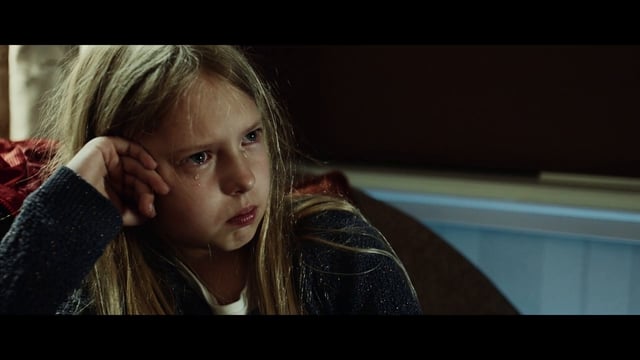
GFM:
The father gives a particularly nuanced performance. Can you talk about the line that gets blurred between parent and abductor?
Patrick:
Blurring the line is something I try to do in the film, but I think the lines are very, very blurry in life. For instance, in real life you don’t know who is good and who is bad. It’s not that easy. With Simon, I was working with a person who doesn’t know what he’s doing. He thinks he’s doing right when in actual fact his actions are quite wrong. This is something really difficult – the world is so complicated, there is no black or white, there is just this grey in between.
GFM:
What are your thoughts around the trust the daughter places in the father that’s at stake because of his actions?
Patrick:
Of course, all kids trust their parents and this is very important. However, she doesn’t just run away because she also kind of feels guilty for betraying him. It’s very, very complicated for a kid, and she’s not even mad with him at the end of this film, despite the wrong he is doing. This love from a child to its parent is totally unconditional.
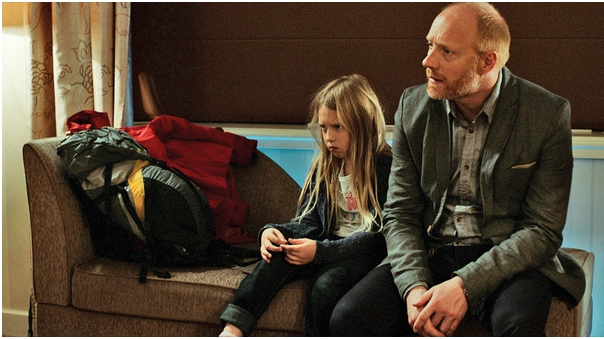
GFM:
The absence of music is very effective. What was your thinking around this? How did you work with your sound designer to create the film’s ambience?
Patrick:
When I started the film I wasn’t sure if I should use music or not, and after the film had been edited I was still open to music. I showed the film to a composer I knew and worked with before and we discussed it. She was very honest – as a composer, you kind of always want to use music but she thoughts the drama would be more effective without it. I don’t like film music in emotional scenes. The music tries to tell you what emotions you should have, but I feel your emotions should come from the actors themselves. I like music in action sequences or when music is used in special scenes, like a montage with music is beautiful, or when you really use music like Stanley Kubrick does, it’s a very artistic thing. It’s giving you a totally new level of the scene.
So, I decided not to use music and we tried to work in a way which would give a more realistic feeling to the audience.
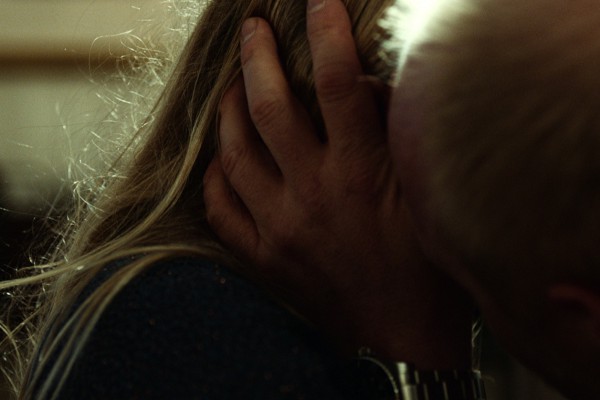
GFM:
Please can you talk a little bit about the Vienna Film Academy and studying under Michael Haneke, as well as perhaps any advice he had for the film?
Patrick:
You learn a lot about casting and actors – the purest and most important step besides the screenplay. That’s something he teaches at the school, and I took this advice very seriously. We talked about the screenplay and the editing afterwards, and he was involved in the process and challenged me. He had some ideas and suggestions for changes, but I said, “no I want to do it this way” and then he said, “Okay just do it. If you think it’s the right way, you have to do it.”
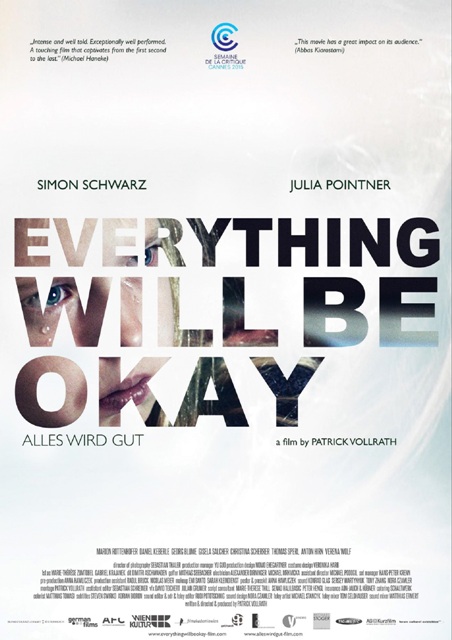
GFM:
Who are some of the filmmakers that inspire you?
Patrick:
I grew up on Steven Spielberg films, so he is definitely someone who inspired me to make films. I still admire a lot of his films, more the older than the newer ones. I really like Orson Welles, Stanley Kubrick and Scorsese. I like a lot of American directors. I really don’t like Jean-Luc Godard, so he inspired insofar as making me see what I totally don’t want to do. From newer ones I like Jacque Audiard. Un prophète is a film I really admire. Paul Greengrass is one of my favourite directors at the moment. Bloody Sunday and United 93 are amazing and I also like Captain Phillips a lot. The combination of action and realism is really very great. I also really love Iranian cinema Abbas Kiarostami, Jafar Panahi, Asghar Farhadi, to name a few directors.
GFM:
What’s next for you?
Patrick:
There is a lot of interest in my next work because of Alles Wird Gut – it’s really an honour that people are interested in this film. I have already written a treatment for my first feature and I hope I can shoot it in 2016.
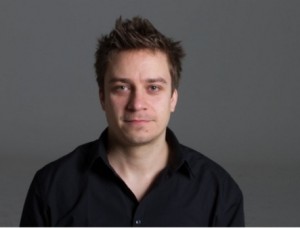
Director Patrick Vollrath